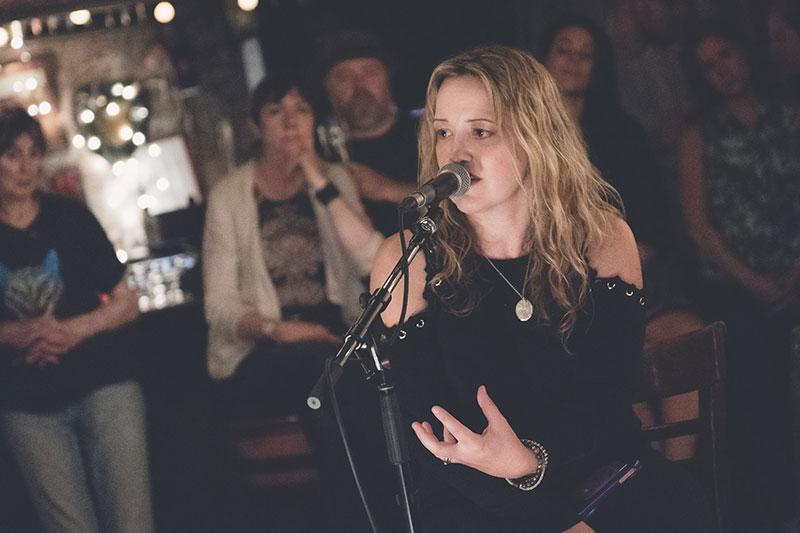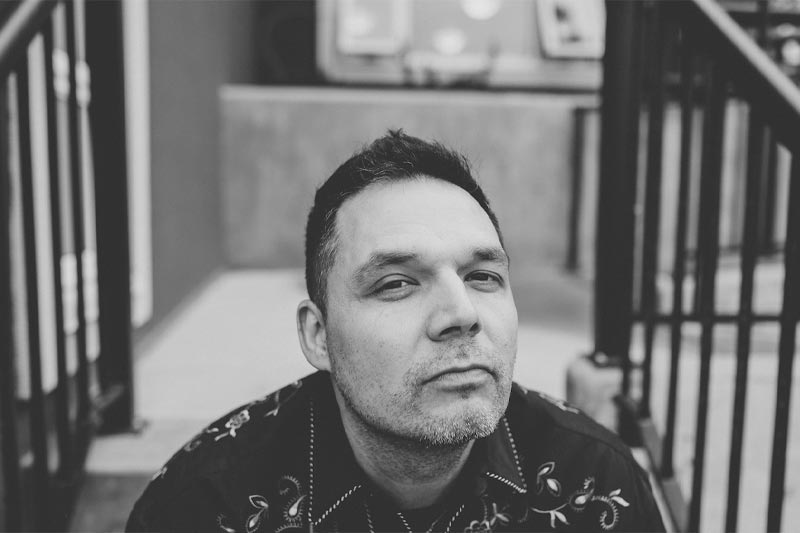Songwriters Association of Canada
For over 40 years, the Songwriters Association of Canada (S.A.C.) has been a leading advocacy organization, dedicated to championing the rights and interests of Canadian music creators. Our board, comprised of esteemed Canadian music creators and industry experts, is committed to providing our members with valuable resources and support. Advocacy is a key component of our mission, as we work to influence policies and legislation that protect and enhance the creative, business, and legal rights of music creators in Canada.
We also offer education, support, and a vibrant community for songwriters, composers, lyricists, beatmakers, and producers—those who create the valuable intellectual property that forms the bedrock of the music industry. Our efforts ensure that their voices are heard and their contributions are recognized.
Membership Benefits
Membership with the Songwriters Association of Canada offers songwriters, lyricists, beatmakers, and producers a comprehensive set of benefits as part of an affordable membership package.
The S.A.C. fosters a supportive community where members can build meaningful business relationships with like-minded professionals.
Members can also enhance their business acumen and refine their craft through our professional development and educational programs.
Crucially, membership fees support essential advocacy efforts on behalf of Canadian songwriters. As a unified voice, the S.A.C. promotes fair compensation and advocates for robust legislative and regulatory frameworks to safeguard the rights of songwriters.
Membership includes:
- Eligibility to participate in professional songwriting camps
- Exclusive access to the downtown Toronto Writer’s Room
- Access to professional development courses and educational webinars
- Featured member spotlights on social media, website, and e-newsletters
- Consideration for curated Spotify playlists
- Networking opportunities with industry professionals
- Voting rights at the Annual General Meeting
- Opportunity to add your voice to the fight for songwriter rights
SongVault Update
Please note that the Canadian SongVault is no longer active. As of July 4, 2022, we are no longer accepting or processing submissions received at our office. If you submitted songs to the SongVault before July 4, 2022, and received a Registration Number, your songs will remain registered in the Canadian SongVault
News
Stay up to date with the work we’re doing on behalf of music creators in Canada by checking our news section. You can also receive news directly by subscribing to our newsletter or by following us on Instagram, Twitter and Facebook.



























